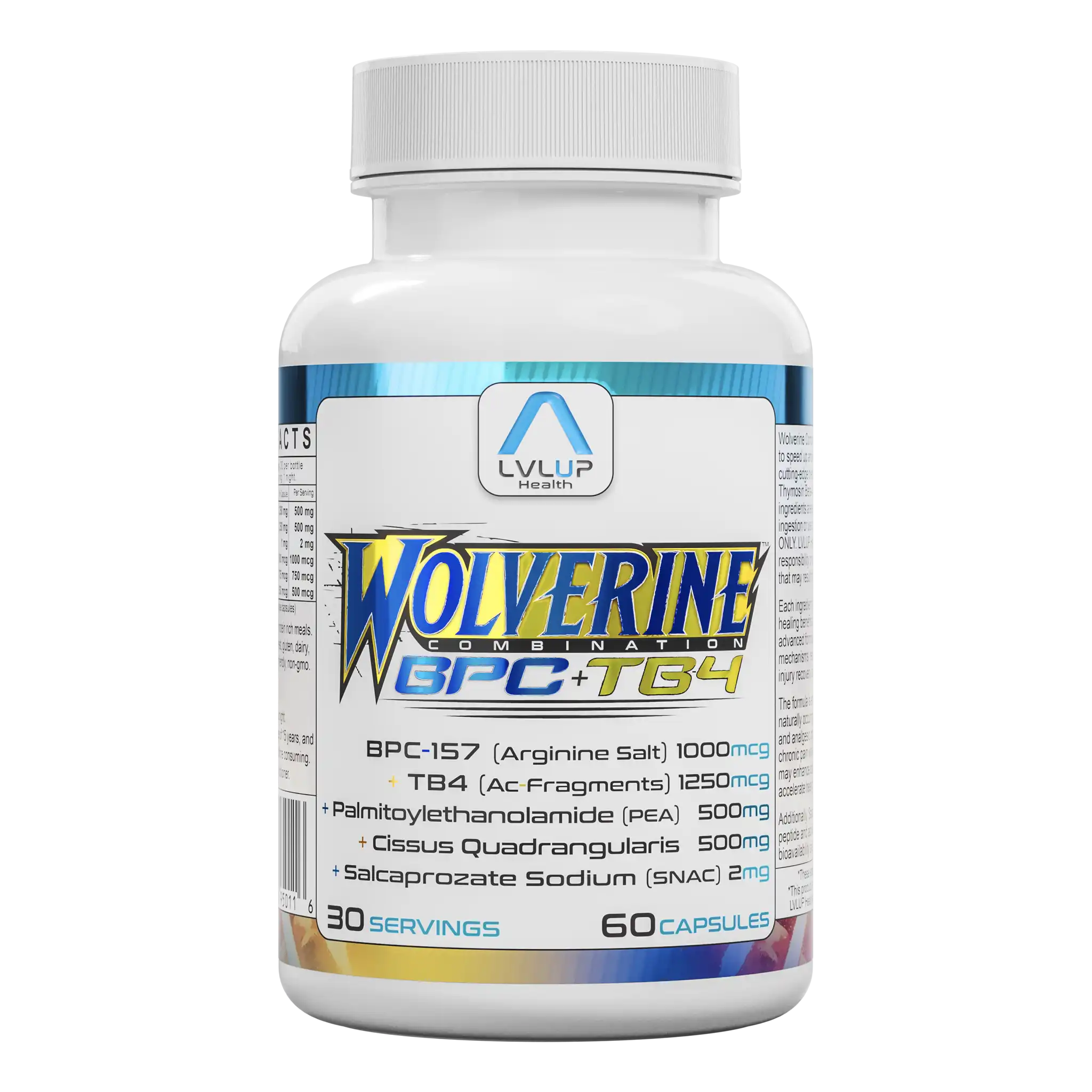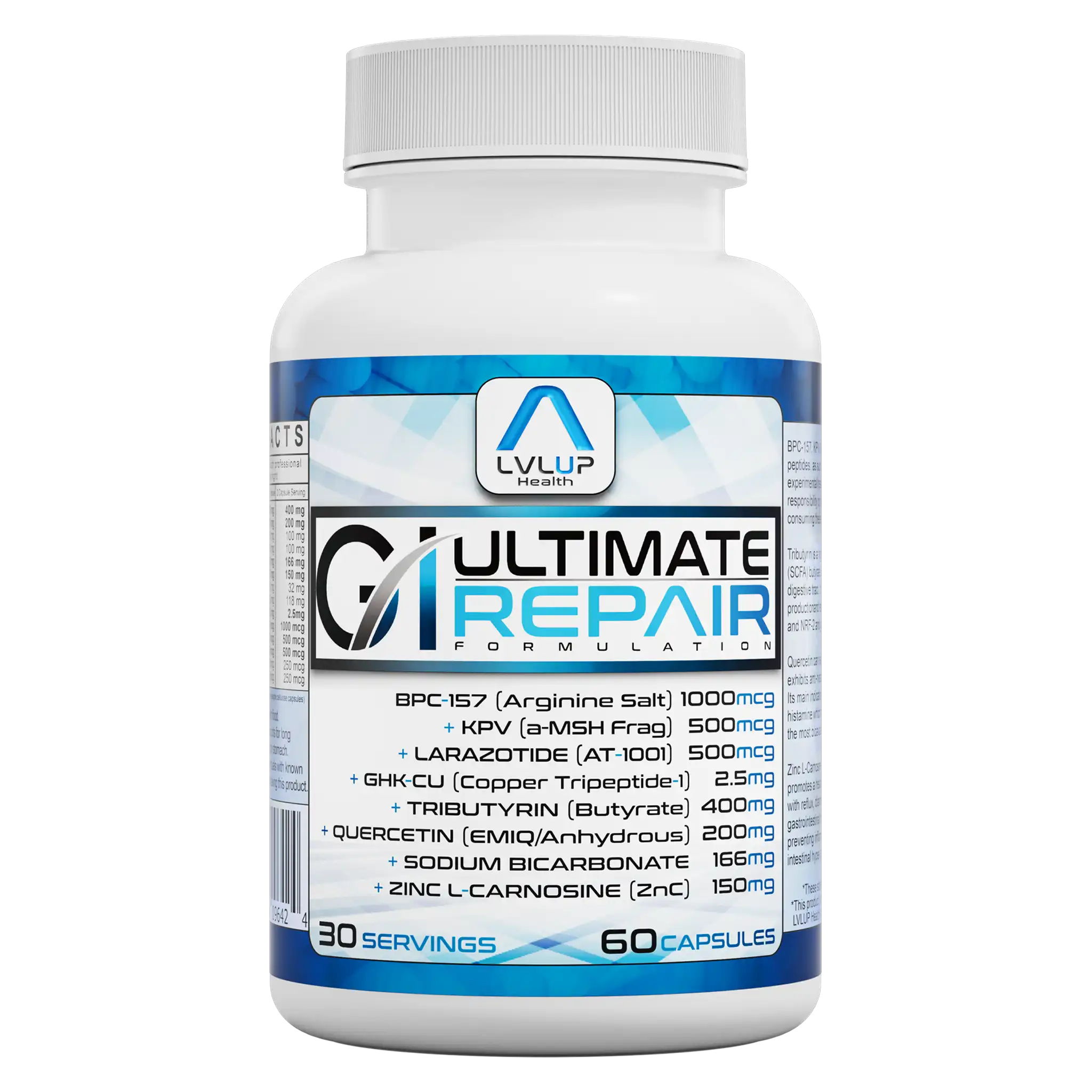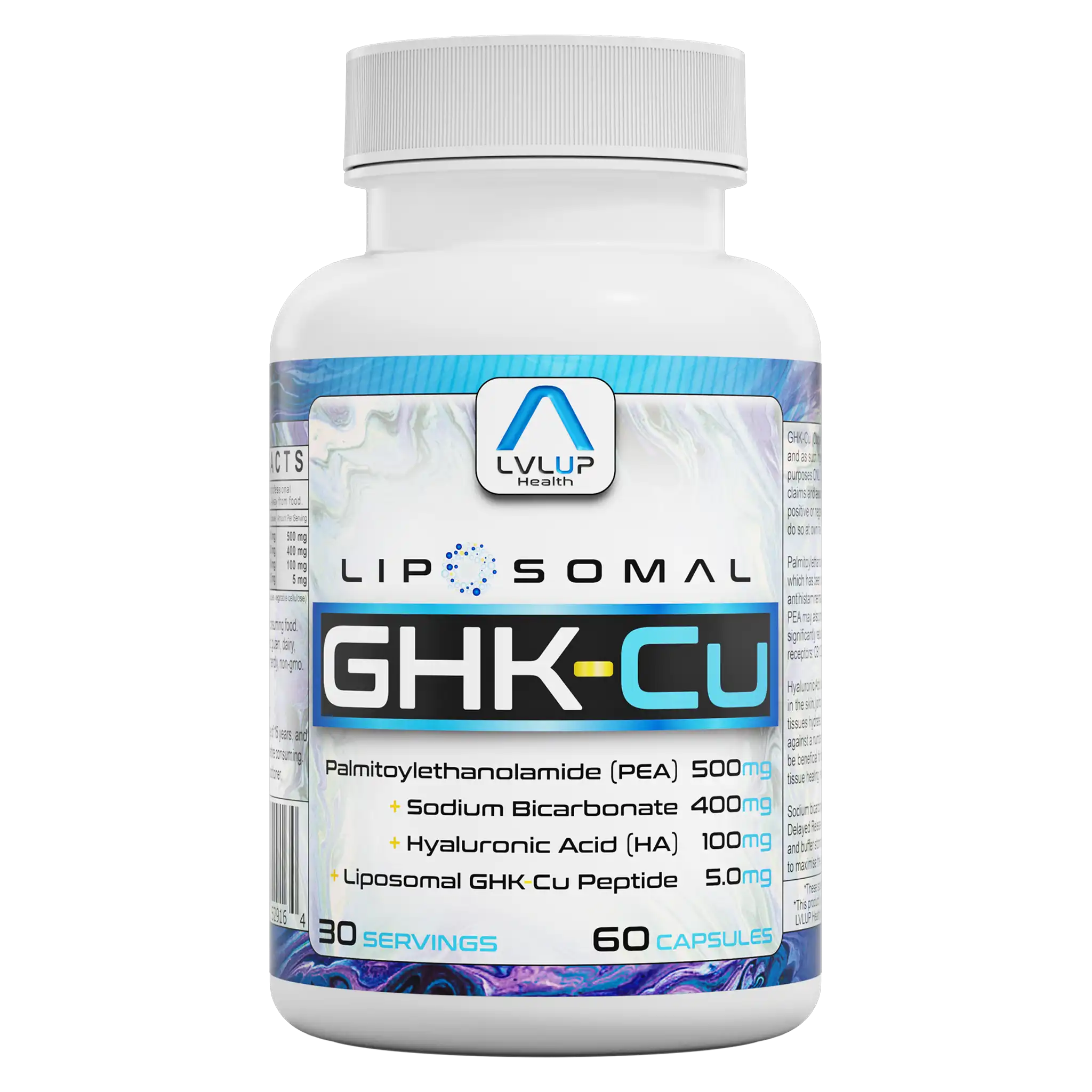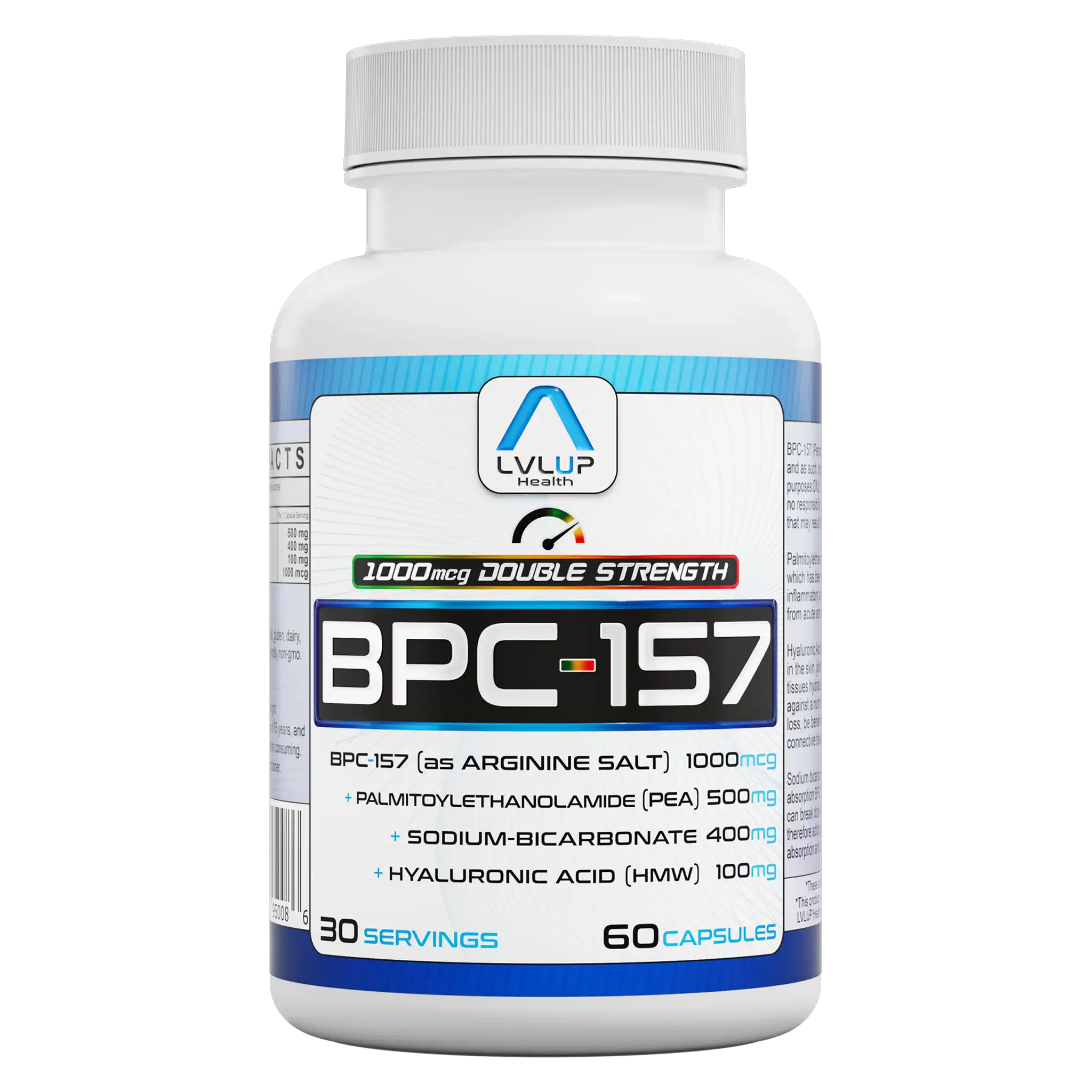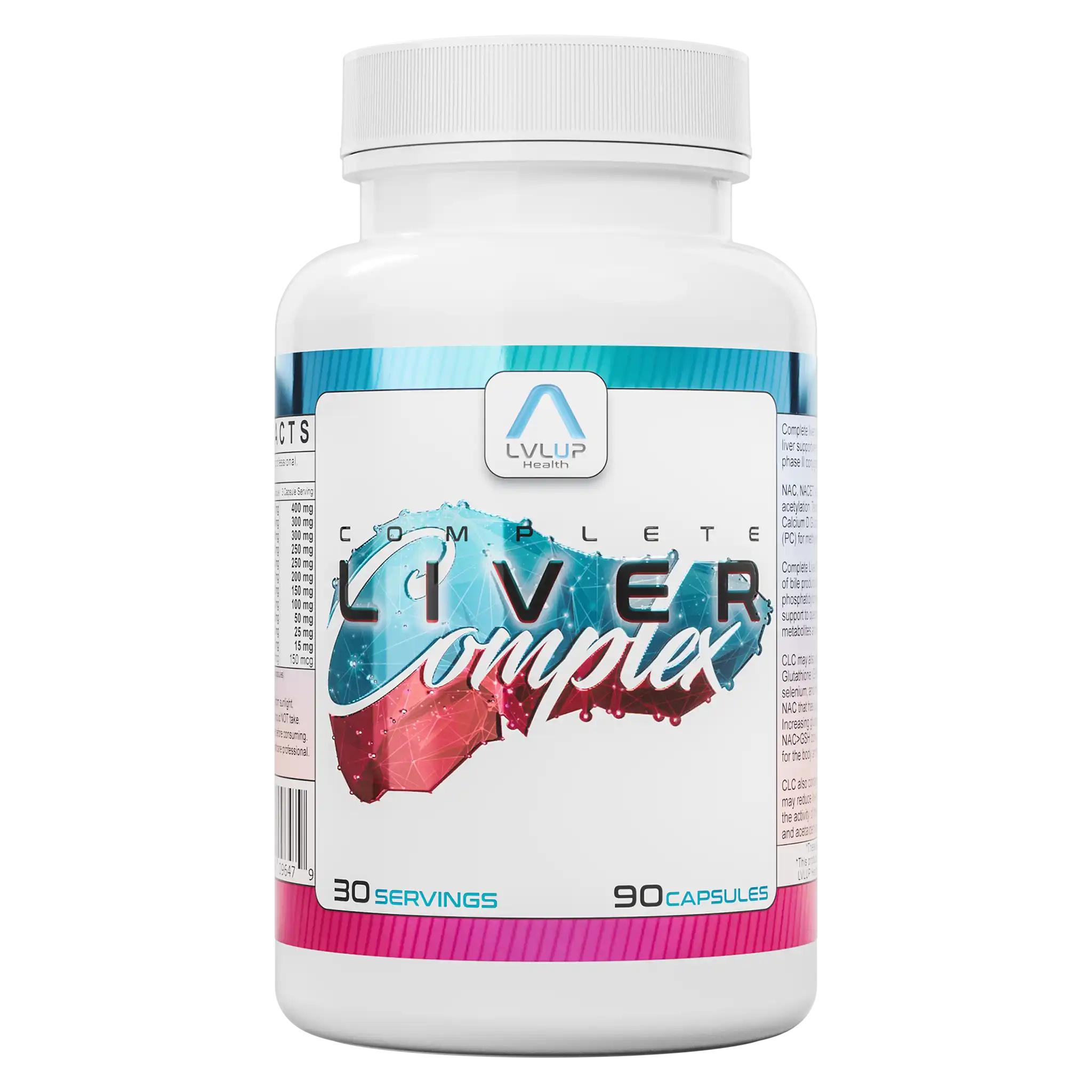Glycine
About Glycine
The Basics of Glycine
Glycine may seem straightforward, but it plays many roles in your body. As a small amino acid, it’s part of structural proteins, enzymes, and important compounds like glutathione. Glycine helps keep tissues flexible, fuels antioxidant defenses, and ensures basic biochemical functions run smoothly.
Liver Health and Glycine
Glycine is crucial for liver health. It’s a component of glutathione, a powerful antioxidant. Without enough glycine, glutathione levels drop, impacting your liver’s ability to manage stress. Glycine also reduces liver inflammation by controlling inflammatory cytokines, which quells overactive immune responses that could harm liver cells.
Other Roles and Benefits
Glycine also benefits the gut and sleep quality. It stabilizes the gut lining, easing digestion, and supports muscle tissue recovery for athletes. In the brain, glycine acts as a neurotransmitter, promoting relaxation alongside GABA.
Practical Uses
Glycine is often found in supplements for liver support, gut health, and sleep quality. It’s included in products like Complete Liver Complex, where it works with other nutrients to support detoxification processes.
Found In
Formulated With
Detailed Information
Biochemical Mechanisms
Glycine (aminoacetic acid; C2H5NO2) is crucial for glutathione synthesis and acts as a limiting factor for intracellular antioxidant capacity in hepatic tissue. It suppresses pro-inflammatory cytokine pathways such as TNF-alpha and IL-6 after toxic insults.
Neurotransmitter Roles
As an inhibitory neurotransmitter, glycine functions via strychnine-sensitive chloride channels in spinal cord neurons and as a co-agonist at NMDA-type glutamatergic receptors in the CNS. This dual role affects excitation-inhibition balance and systemic neuro-immunologic cross-talk.
Hepatic Impact
Oral glycine administration reduces serum aminotransferase elevations after toxic challenges like acetaminophen exposure. It heightens GSH availability and reduces immune activation, limiting macrophage recruitment and inflammatory mediator release.
Supplementation Guidelines
Common glycine supplementation ranges from 1–5 g/d orally, with rapid uptake due to its high solubility. Clinical studies suggest benefits even at 10 g/d in acute-phase regimens, showing dose-dependent responses without significant bioavailability loss.
